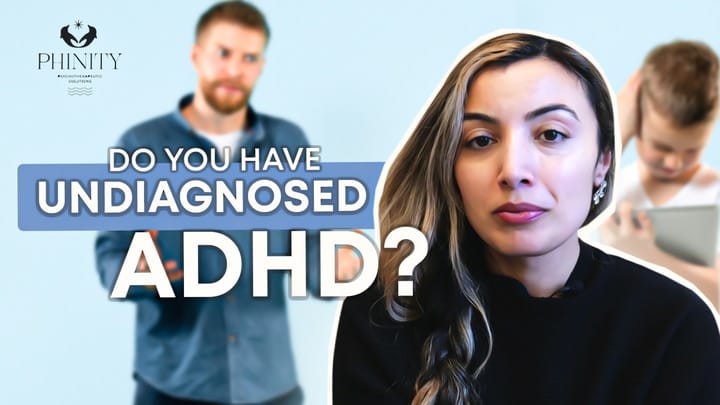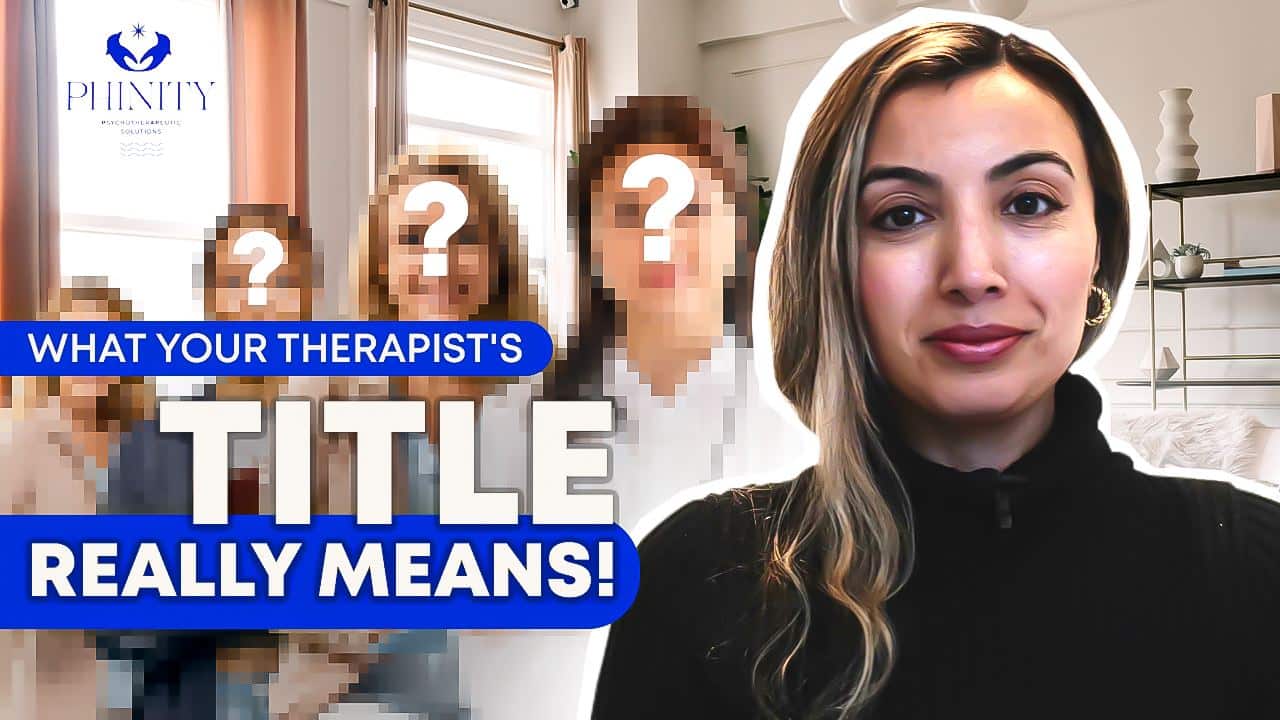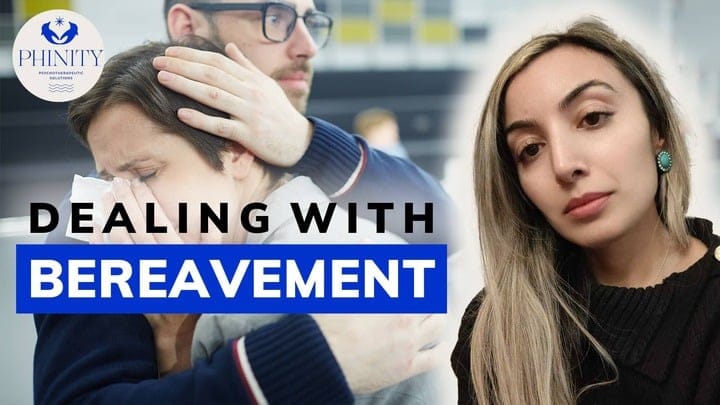Uncoupling Or Divorce Therapy In Birmingham & Online
Divorce & separation don’t have to be as divisive, uncertain, and frightening as often they are. Our compassionate ‘uncoupling therapy’ can help partners support one another through the separation process, sometimes meaning they can still retain some kind of relationship.
At Phinity Therapy we offer a form of divorce therapy called Uncoupling Therapy. This was developed by us and is based on the work of Dr. Sue Johnson, a clinical psychologist who developed a form of couples counselling called Emotionally Focused Therapy (EFT), and the work of marriage and family therapist, Katherine Woodward Thomas who coined the term ‘Conscious uncoupling’.
This dynamic therapy is a mindful and intentional approach to ending a romantic relationship or marriage with kindness toward one another. It posits that when a relationship ends, it can happen without drama and pain, which are all too common during breakups. This therapy has proven that instead of blaming each other and becoming adversaries, couples can work together to end the relationship in a respectful and compassionate way.

Our relationship counsellors offer a safe, supportive, non-judgmental, and caring space to help you and your partner find your way through the difficulties you are both facing. We do this by listening to you and attempting to understand both positions.
The process of therapy will involve:
- Acknowledging and accepting the end of the relationship: It will be important to help both partners recognise that the relationship has come to an end and that it’s time to move forward.
- Grieving the loss: We will facilitate the processing of difficult feelings for one or both partners, providing time and space to make sense of feelings and grieving the loss of the relationship and the future that is no more.
- Taking responsibility: It may also be helpful to individuals to take responsibility for their part in the breakup, this entails each person examining their attitudes and behaviours that contributed to the relationship’s breakdown.
- Refocus: Therapy can help partners to focus on the positive aspects of the relationship rather than the negative. This means that positive memories of the time together can help the process along, rather than dwelling on the negative.
- Co-creating a new relationship: Partners will work together to establish new boundaries, communication patterns, and expectations for their relationship moving forward.
We recommend that the first session be a longer one (75 minutes) than the usual session length of 50 minutes, or that you each have an individual 50-minute session. This helps the course of therapy as we can get to know you individually and understand your perspectives in greater detail before progressing to joint work. Weekly therapy sessions of 50 minutes are the norm but depend on the issues and goals.
As with any therapy, it is hard work and requires the maximum commitment and engagement of both partners. Uncoupling therapy may reveal that separation is the best outcome, which one partner may not want. If this happens, we will be here to guide you through the separation and grief process and attempt to help you support one another.
Uncoupling Therapy aims to minimize the emotional pain and trauma often associated with the end of a relationship and to establish a healthy, respectful, and positive new dynamic so individuals can work together and also come to less emotionally and financially costly ways of handling practical concerns, when dividing up assets and responsibilities, for example.
Uncoupling therapy can help partners traverse many kinds of issues at a time when communication is very likely at its most difficult. It can facilitate the ability to trust and be open enough to communicate more effectively and learn how to understand and support one another through challenges, and practical problems as well. This novel way of ending a relationship can offer fuller acceptance, less harm, and closure.
We are proud to connect you with highly experienced practitioners who can help with almost any psychological issue.
It’s normal to feel angry sometimes, and it should be said that anger in and of itself is not a ‘negative’ or ‘bad’ emotion, it has its purpose. If however, it’s impacting your life in a negative way then it may be useful to learn about the help available.
Bereavement is a time and state of mourning and grief when we experience deep loss. It is a natural, inevitable, and often very painful part of life, which occurs in response to the deprivation of someone or something. When we process loss, we experience grief on multiple levels, including mentally, physically, socially, and emotionally. Emotional responses include anxiety, guilt, anger, sadness, and despair.
Life is challenging, so it’s normal to feel low at times. If however, you’re feeling sad, apathetic, and hopeless for a prolonged period, you may be depressed, and this impacts functioning. And although depression is a natural response to difficulties, it can be treated.
As of the time of writing, the rate of divorce in the UK is 42%. There are several reasons for this, with attitudes towards divorce shifting, such that some people even have ‘divorce parties’ But separation and divorce can be challenging.
Our specialised culture lives and breathes human psychology & care.
We do everything thoughtfully, with you in mind.
Which is why at Phinity you get Hands with Heart care.
Highest Quality Training, Accreditation & Experience
Individualised Approach Unique to You
Take the next step and Book Your Free Consultation Today!
Speak to our lead therapist who will carefully listen to your concerns, to understand what you want from therapy. If you decide to opt into therapy, we will match you to the most suitable practitioner so you can effectively achieve your goals.

Addiction can feel lonely and hopeless, but there are ways out of the trap. This article discusses how CBT can help with addiction.
Addictions(3)

As therapists it’s important to remain humble to develop and improve, this article discusses how self-doubt helps us grow.
Therapists(1)

Welcome to part 1 of a 3 part series about POCD, a form of OCD that focuses on paedophilic obsessions. Part 1 explores what POCD….
Obsessive-Compulsive Disorder (OCD)(1)

Understanding your anxiety response in a deeper way can help you to pull yourself out of it and even learn to control it better when anxiety hits!

Almost 20% of adults experience ADHD without knowing they have the condition. Learn about the symptoms and treatments for ADHD and ADD in this video.

So many mental health professionals aren’t there! Do you know what the differences are between a counsellor, psychologist, and psychiatrist? Learn now so you can judge best who can support your therapeutic needs!

Learn To Live Honestly by asking yourself this all IMPORTANT question!

Most of us know about the stage theory of grief (i.e., the 7 stages) but do you know how to move through the stages in a healthier way? This video discusses a lesser known grief model to help process human loss.
At Phinity Therapy Birmingham, we offer bereavement counselling, including existential psychotherapy, and CBT.
- Johnson, S. M. (2004). The Practice of Emotionally Focused Couple Therapy: Creating Connection. Routledge.
- Thomas, K. W. (2015). Conscious Uncoupling: 5 Steps to Living Happily Even After. Potter/Ten Speed/Harmony/Rodale.
This website uses cookies to ensure you get the best experience on our website. By continuing to use this website, you agree to their use.

